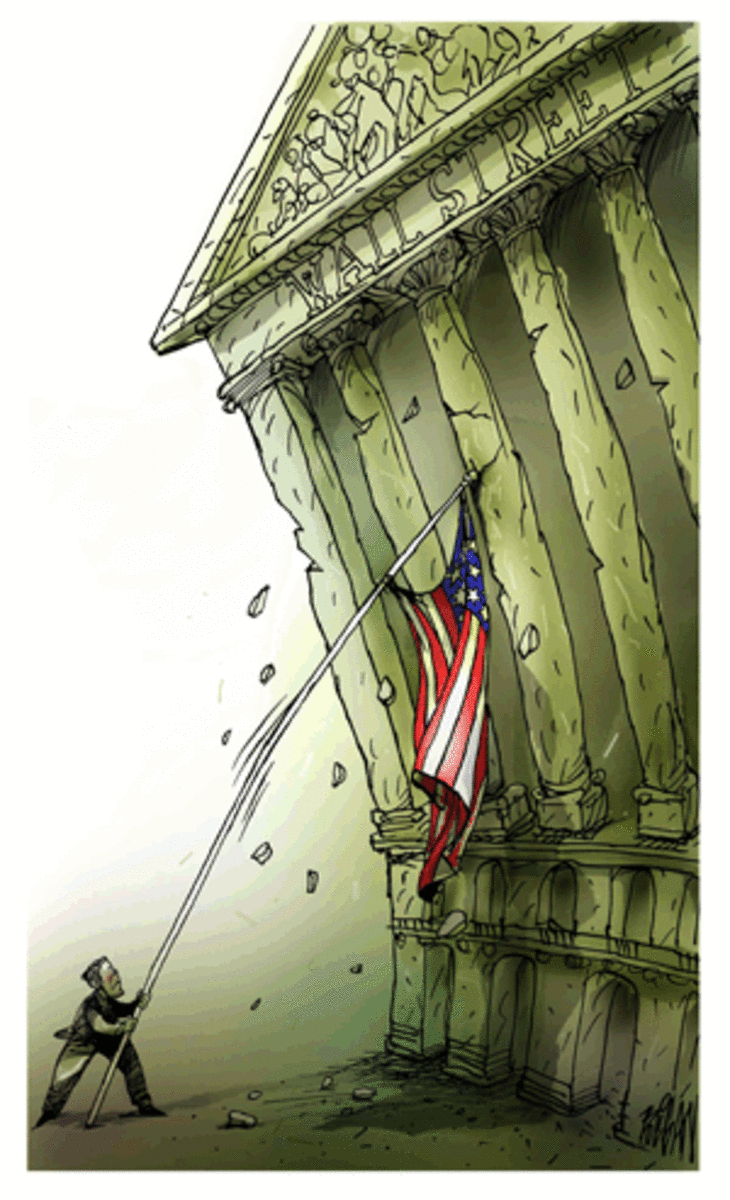
Posted by Andrew Lipsitz
Tareq and Michaele Salahi have catapulted themselves into the public spotlight with their "uninvited" appearance at a White House state dinner on Nov. 24. It was President Obama's first official state dinner and the gate crashers sadly showed how easy it is (or was that night) to walk in off the street and stand within steps of two world leaders (Obama and India Prime Minister Manmohan Singh).
In an interview with NBC's "Today Show" host Matt Lauer Tuesday morning, the Salahis insisted they weren't party crashers and said the truth will come out in the Secret Service investigation.
The couple also denied reports in some media that they were trying to sell the story of their escapades to media outlets. (Reports said they wanted upwards of $100,000.) Lauer attempted to put speculation to rest by asking the couple on air if they were paid to do the NBC interview. They said they weren't.
But from the state of their financial affairs revealed in public records, they may really need the money.
Bankruptcy papers show mounds of debtIn Chapter 7 bankruptcy documents filed earlier this year in the Eastern District of Virginia, Tareq Salahi's vineyard company, Oasis Enterprises Inc., claims $335,000 in assets but $965,000 in liabilities, including at least $81,000 in credit card debts. According to
CNN.com, the couple faces numerous civil suits in the Virginia-D.C. area as well.
Maybe they were trying to get close to Obama to hit him up for a loan. But more likely they are a new breed of thrill seekers -- reality TV wannabes hoping to wrestle the spotlight for themselves. (They were trying out for "The Real Housewives of D.C.") Does the balloon boy stunt sound familiar here? Just like the Colorado family who falsely claimed their six-year-old son was launched into a homemade balloon, the Salahis have perhaps gotten more spotlight than they bargained for, with some members of Congress calling for an investigation of the White House security breach.
The bankruptcy filings paint a picture of a couple living the good life, funded in part by credit cards when their vineyard company started to, well, dry up. Business income of $1.7 million in 2007 dwindled to only $35,000 in 2008, according to bankruptcy records. Fancy boats and cars (including an Aston Martin) have been repossessed to pay creditors.
One creditor, Wells Fargo Bank, filed a court claim seeking $19,577.85 in credit card debt from Tareq Salahi. According to the bank's claim, Tareq Salahi, the vineyard president, had a $25,000 credit line on a business credit card with a 9.25 percent interest rate. As of May 18, 2009, when the claim was filed, Salahi's last payment on the account was $500 received July 22, 2008, making the account 330 days delinquent.
Wells Fargo lists a 475
FICO score for the account, which would put Salahi in the less-than-stellar bad credit risk category on FICO's scale of 350 to 850.






















